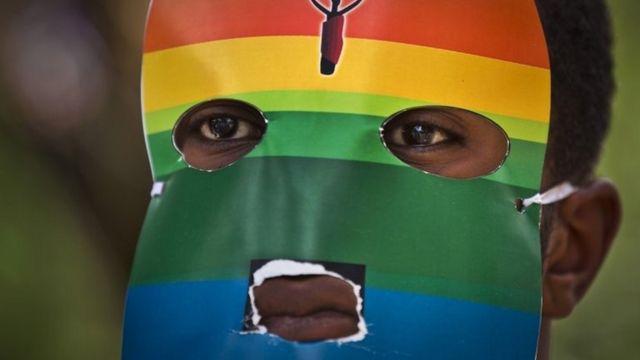The World Bank announced its commitment to roll out new measures aimed at ensuring that recipients of its lending to Uganda are not subjected to discrimination in light of the country’s controversial Anti-Homosexuality Act (AHA). This announcement comes after the law, enacted in May 2023, received widespread condemnation from Western nations and led to sanctions from the United States. Under the AHA, same-sex intercourse is punishable by life imprisonment, while so-called aggravated homosexuality can lead to the death penalty.
In response to the situation, a World Bank spokesperson confirmed that the measures would include the establishment of an independent monitoring mechanism to oversee compliance for both ongoing and new projects in Uganda. The bank had previously suspended all new lending to the country, citing the law’s contradictions with its core values. As one of Uganda’s largest funders, particularly for vital infrastructure projects such as roads and energy, the funding suspension significantly impacted the nation’s finances.
The World Bank stated that it would not propose any new public financing for Uganda until it is assured that adequate mitigation measures are in place to protect vulnerable groups. However, LGBT activists are skeptical of these efforts, expressing concerns that the bank’s mitigation measures may merely serve as a facade. Richard Lusimbo, a prominent figure from the Ugandan LGBT activist group Convening for Equality (CFE), emphasized that the organization seeks to maintain the ban on funding until the anti-gay law is fully repealed. The situation remains fluid as Uganda navigates both its domestic policies and international pressures concerning human rights and funding.



